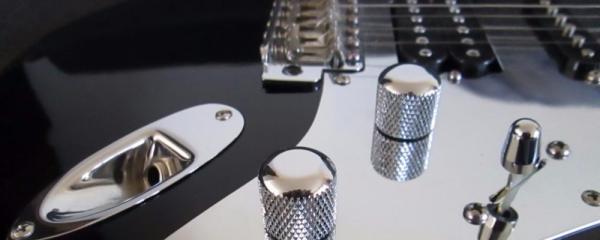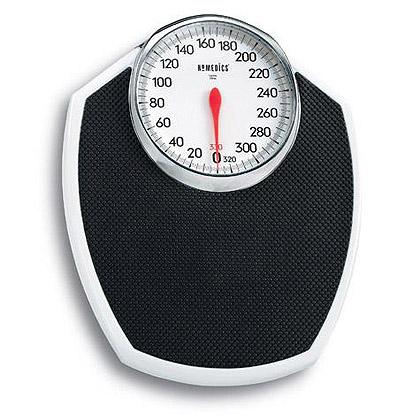Language
tone
-
Bass Tips: Tone Differences Between Neck Joint Types
There are plenty of important things to consider in an acoustic, electric guitar or bass, one of which is the method of neck attachment. There are essentially three ways that most of today’s guitar and basses use to attach a neck to a body. The first is known as neck-through, or through-body, the second is set-neck and the last one is referred to as bolt-on. Not only do each of these methods affect the sound and playability of the instrument, they can also affect the look, price, strength and the difficulty in which connected problems can be fixed. Let’s take a closer look at each of them. Continue reading → -
Guitar Tips: Getting A Good Clean Tone
Getting an appealing tone is a culture that all guitarists strive to nurture and reinforce every day. It is neither an easy thing to achieve nor is it rocket science. What is needed is learning certain tips and commitment to practice and perfect these tips. Let us discuss 3 tips that guitarists can use in getting a good clean guitar sound. Continue reading → -
How To Get More Tone While Eliminating 'Wolf Tones'
Ever since the first good guitar players came into existence, they always wanted more. It could be that they wanted more sustain, more gain, more volume and/or more tone. Some of the invented methods are better when compared to others, and there are also methods that can even hurt the overall sound if you don't know what you are doing. A good example of this is the guitar pickup. Continue reading → -
Guitar Volume And Tone Knob Tips
Your guitar's tone and volume knobs have more potential than you'll care to admit. Instead of going for that amp or expensive upgrade I advise you to read this article and spare that expense. Let us help you discover your guitar onboard controls full potential. The best tone and volume tune ups are done by your fingers. Your amp should not serve to make modifications to the sound but do the work they're named after amplification. Continue reading → -
Guitar Weight And Its Effect On Tone
There’s a lot that goes into a guitar’s signature tone. There’s the pickups – of course – as well as the makeup of the wood, not to mention the type of body. But beyond that, the weight of the instrument also plays an integral role. And just as there are those who swear by either single coils or humbuckers, there too is a debate over what sounds better – a lighter guitar or a heavier one. The general consensus among guitarists says that a lighter instrument will resonate better in response to the full spectrum of string vibrations and thereby yield a more musical sound, consisting of brighter highs and a more “open” tone. On the other hand, heavier guitars are generally praised for their richer, fuller sound which is due to the relatively massive size of the wood used to anchor the pickups, strings and in a way, the tone itself. Continue reading →




